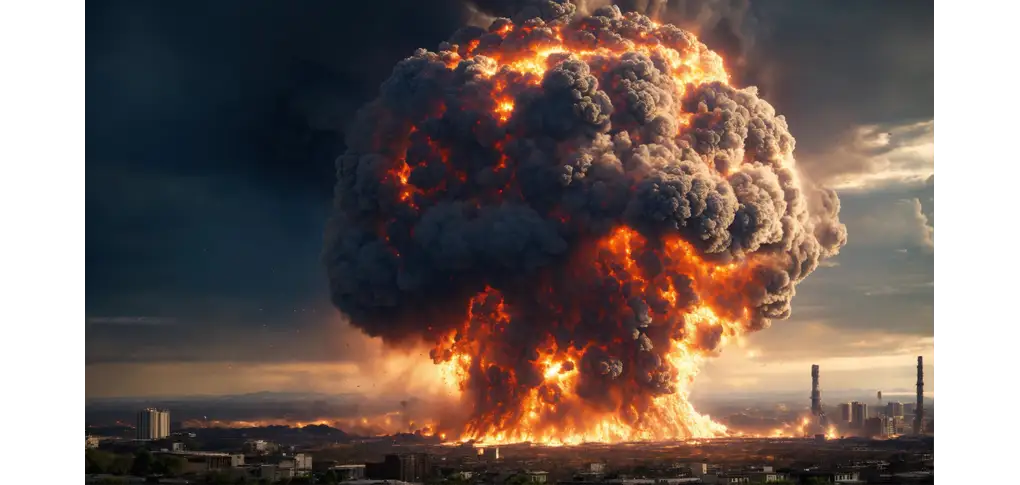The Western Perspective: The Xinjiang region of China has been a subject of intense scrutiny by Western nations due to allegations of human rights violations. The United States has been particularly vocal, associating the region with detention camps and extensive security measures aimed at controlling Uyghurs and other Muslim minorities. These allegations have been consistently denied by Beijing, which frames the security presence as a necessary measure against religious extremism.
China’s Counter-Narrative: In contrast to the grim picture painted by Western media, the Chinese government, under Xi Jinping’s leadership, has embarked on a campaign to promote Xinjiang as an attractive tourist destination. This initiative is part of a broader effort to reshape the region’s image from one marred by security concerns to a land of natural beauty and cultural richness.
“To the Wonder”: A Cultural Phenomenon: At the heart of this rebranding effort is the television drama “To the Wonder,” which portrays Xinjiang as a land of stunning steppes and harmonious diversity. The show, which tells a love story between a Han Chinese writer and a Kazakh man, has captivated China’s domestic audience, trending on social media and sparking interest in Xinjiang tourism.
Impact on Public Perception: The drama’s success indicates a shift in public perception within China, particularly among young, urban citizens seeking respite from their busy lives. The Wall Street Journal reports that this strategic portrayal has been effective in drawing attention away from the controversies and towards the region’s scenic and cultural allure.
Conclusion: The divergent narratives around Xinjiang highlight the complex interplay between politics, media, and public perception. While international concerns persist, China’s domestic campaign appears to be winning hearts and minds, presenting “To the Wonder” not just as entertainment but as a soft power tool in reframing Xinjiang’s global image.
Xinjiang: A Region Shrouded in Controversy
China’s Xinjiang Uyghur Autonomous Region, nicknamed “Xinjiang” for short, is a land of stark beauty and cultural richness. However, it’s also a region embroiled in controversy due to allegations of human rights abuses against Uyghurs and other Muslim minorities.
Accusations of Human Rights Violations
The United States and other Western nations accuse China of detaining over a million Uyghurs in re-education camps. These camps are said to be used for forced assimilation, with reports of indoctrination, cultural suppression, and even forced labor.
Security Measures and Religious Tensions
China justifies its actions in Xinjiang as necessary to combat terrorism and religious extremism. The region has a history of unrest, and the government claims these measures are needed to maintain stability. However, critics argue that these security measures are excessive and infringe upon religious freedom.
Propaganda and Countering the Narrative
Beijing heavily controls the flow of information from it, making independent verification of human rights claims difficult. The Chinese government portrays it as a peaceful region threatened by religious extremism and promotes a sanitized image through state media and fictionalized television dramas like “To the Wonder.” This propaganda aims to counter the negative narrative of Xinjiang in the West and boost domestic tourism.
Impact on the Uyghur People
The Uyghur people bear the brunt of the controversy. Their cultural and religious practices are allegedly restricted, and many families have been separated due to detentions. There are also concerns about forced labor by Uyghurs in factories across China.
The Global Community and Xinjiang
The international community is increasingly scrutinizing China’s actions in it. Several countries have imposed sanctions on Chinese officials linked to the human rights abuses. The controversy surrounding it is a complex issue with no easy solutions. Finding a balance between security concerns and human rights is essential for a peaceful and prosperous future for the region.





